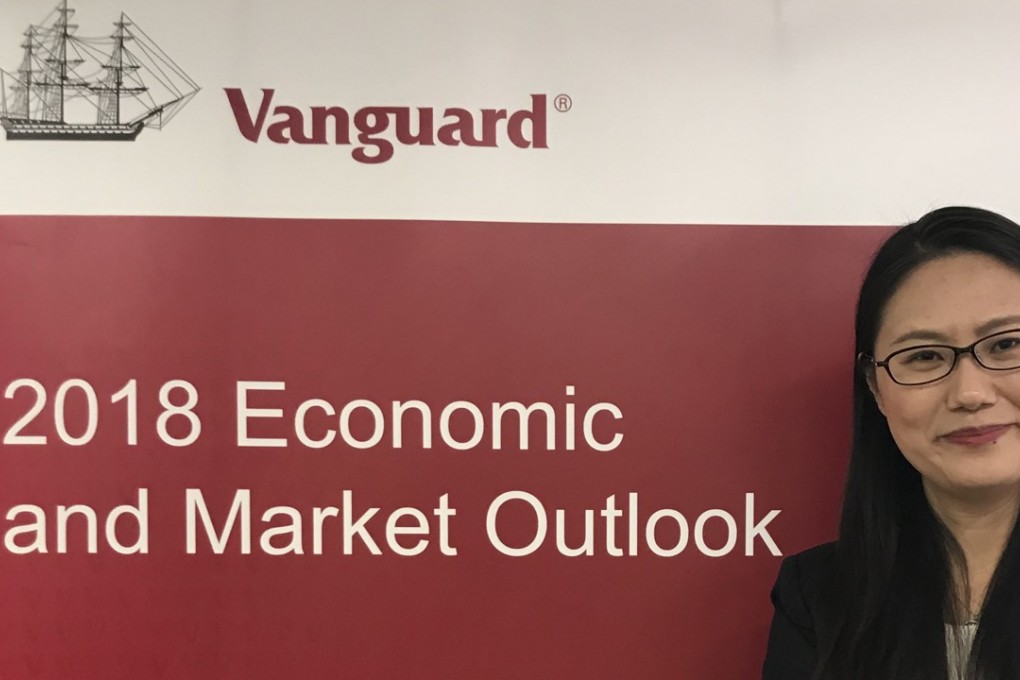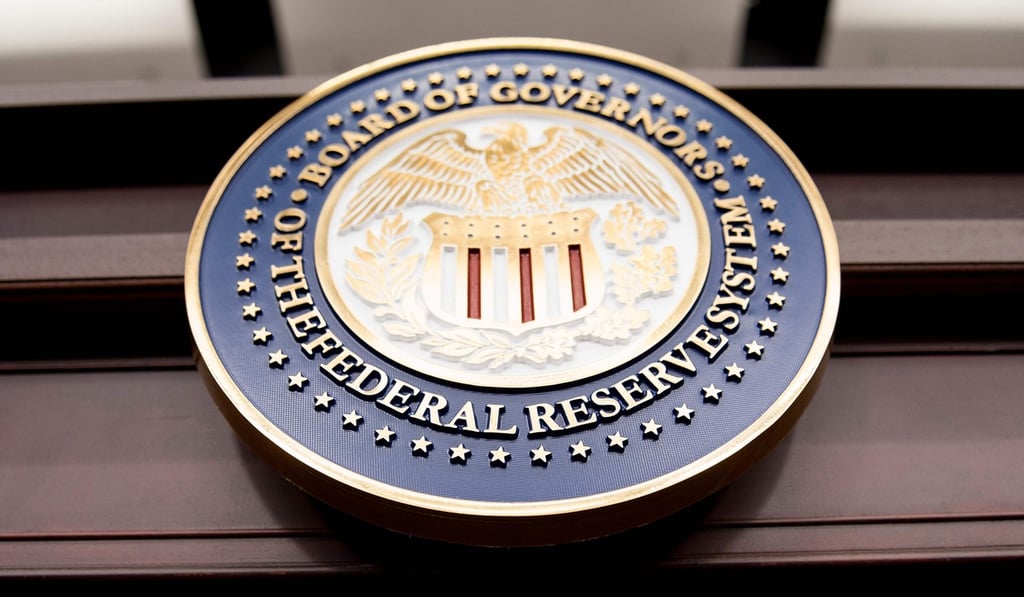Market volatility to rise as central banks tighten monetary policy, says asset manager Vanguard
The chances are high of bumpy adjustments in risky assets, unlike in 2017. This year has already led to higher valuations and lower volatility

The US Federal Reserve is shifting towards tighter monetary policy, and other central banks including China’s are expected to follow suit this year, as inflation rises and the global economy grows more robust, according to Wang Qian, chief economist for Asia-Pacific at Vanguard.
Tightening labour markets, which generate higher wage growth and inflation, are likely to embolden central banks to act more aggressively, with the Fed now predicted to raise interest rates three times this year.
Those developments are likely to trigger more volatility in the financial markets too, with investors keeping a keen eye on the interest rate outlook, Wang said.
The chances are high of bumpy adjustments in risky assets, unlike in 2017. This year has already led to higher valuations and lower volatility, she said.
Vanguard is one of the world’s largest investment companies, with about US$4.5 trillion in assets under management.

“To be realistic, China has also been tightening [its policies]. It didn’t raise the benchmark rate but it is tightening with regards to its regulatory overhaul, and also through rapid rises in market interest rates,” Wang said.